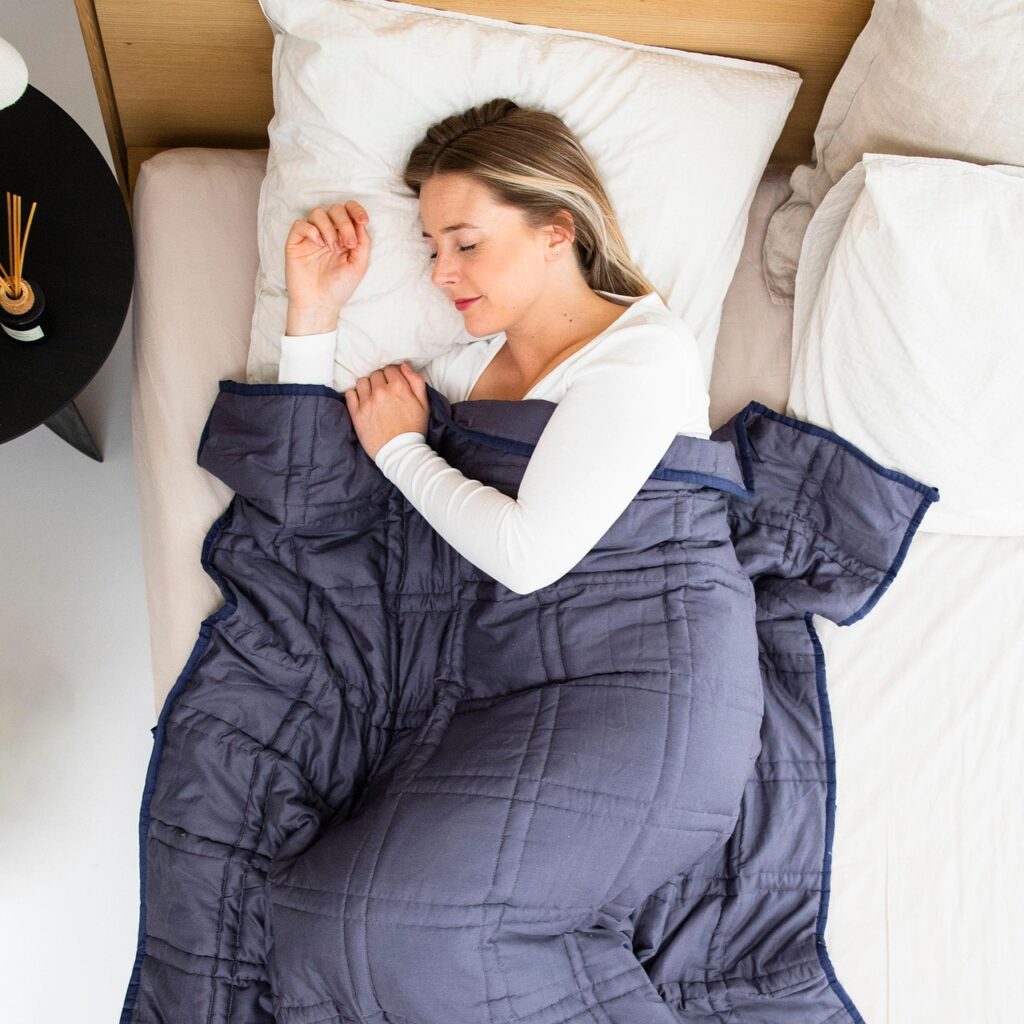

01

02
Grandma’s Peanut Brittle

03

04
If you’ve ever found yourself wide awake at 2 a.m., staring at the ceiling and wondering when sleep got so complicated, you’re not alone. For many women, menopause doesn’t just bring hot flashes and mood swings, it can also wreak havoc on sleep. And unfortunately, it’s not just a frustrating inconvenience; getting enough sleep after menopause becomes more important than ever for your overall health and well-being.

Hormonal changes during and after menopause, particularly the drop in estrogen and
progesterone, impact many systems in the body, including the regulation of sleep. Here’s why
sleep takes center stage in your post-menopausal life:
The good news? You don’t have to suffer through sleepless nights. These tips can help you reclaim your rest:
Create a Calming Bedtime Ritual
Your body loves routine. Wind down at the same time each night with a calming activity: read a book, take a hot bath, or do gentle stretches. Avoid screens, which emit blue light that interferes with melatonin production.
Cool Down Your Sleep Space
Hot flashes and night sweats can make your bed feel like a furnace. Try:
● Cooling mattress toppers or pillows
● Moisture-wicking sheets
● Setting the thermostat to 65–67°F
● Using a fan or white noise machine
Rethink That Evening Glass of Wine
Caffeine and alcohol can interfere with sleep, even if consumed hours earlier. Try swapping that evening glass of wine for herbal tea or warm milk. Your sleep and liver will thank you.
Practice Stress Management
Cortisol, the stress hormone, can spike at night and disrupt sleep. Try mindfulness techniquesn like deep breathing, meditation, or journaling before bed to quiet your mind.
Explore Natural Sleep Aids
Some women find relief with magnesium, melatonin, or herbal supplements like valerian root or ashwagandha. Always talk to your doctor before starting any new supplement.
Stick to a Schedule
Even on weekends, try to go to bed and wake up at the same time. This helps reset your
internal clock and supports deeper, more restorative sleep.
Sleep isn’t just a luxury but a vital part of your health, especially after menopause. If you’re
struggling, know that you’re not alone, and you don’t have to “tough it out.” A few thoughtful changes can make a big difference.
You’ve spent your life caring for everyone else, now it’s time to care deeply for you. And that starts with giving your body the rest it deserves.

November 25, 2024

December 3, 2024

June 24, 2024

June 13, 2024

June 6, 2024